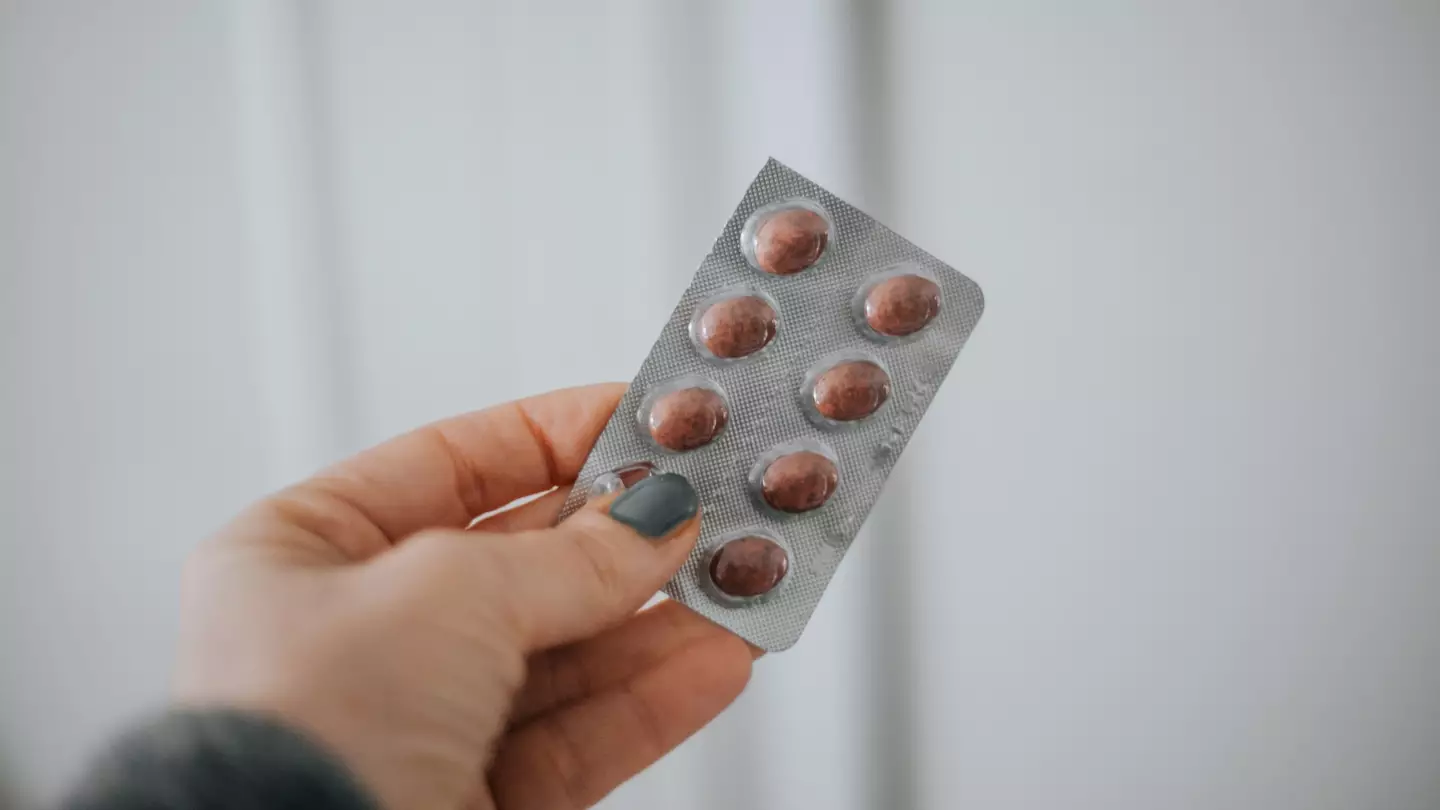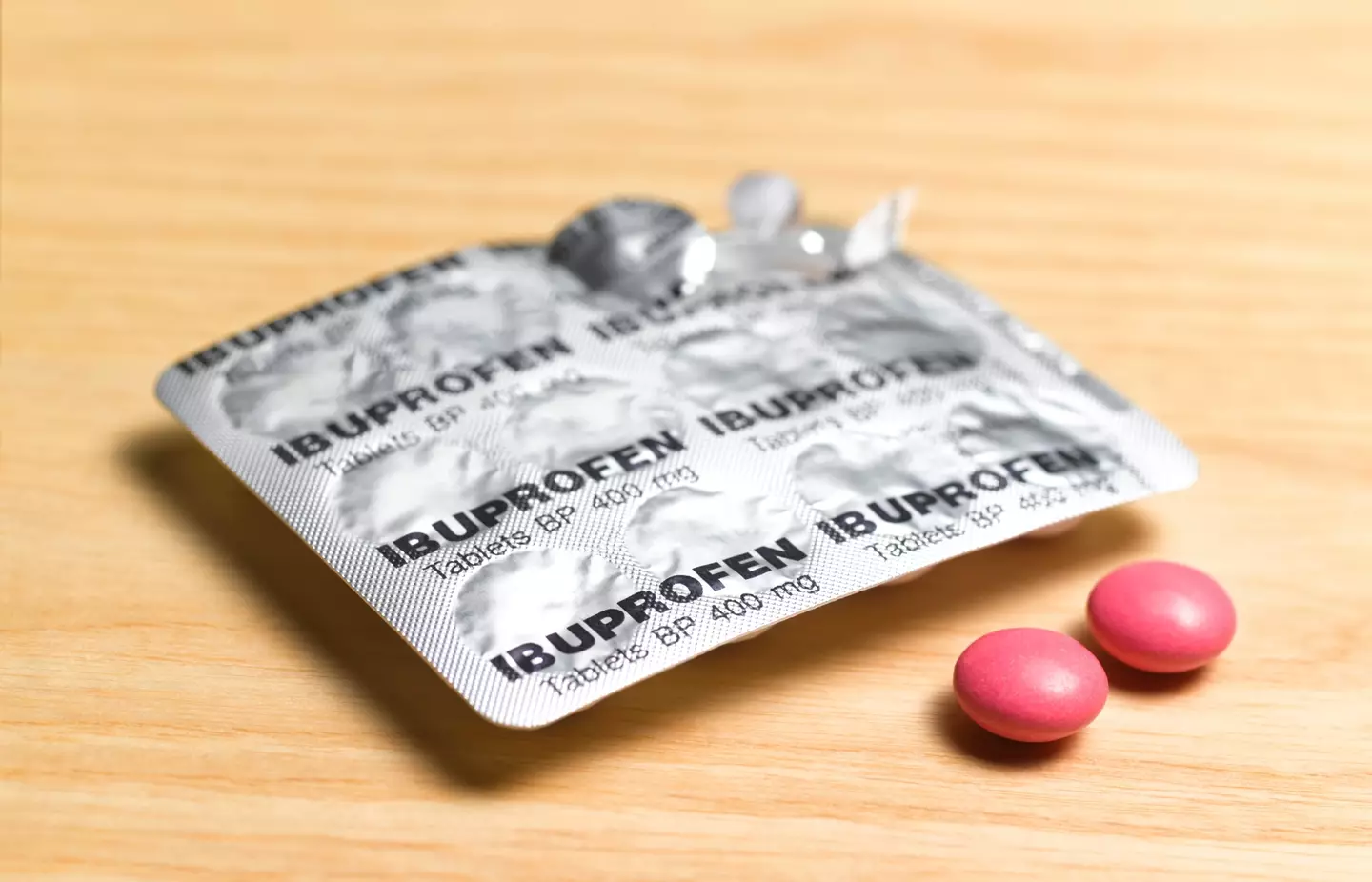
For many of us, taking painkiller medication is simply a part of our daily lives.
Whether you're popping a paracetamol for a headache or ibuprofen for period cramps, it seems like most people out there have a stash of boxes of the stuff in their bathroom cabinet, handbags, and pockets.
However, a warning has been issued by a gastroenterologist over the latter drug, as he opened up on the serious long-term side effects of taking ibuprofen.
Taking to TikTok, where he boasts over 530k followers, Dr Saurabh Sethi revealed the 'one thing' he would 'never do' as a gastroenterologist.
Advert
"There is one thing I would never do as a gastroenterologist, and that is take too much ibuprofen," he began.
According to the health expert, as many as 75 per cent of people who take them regularly develop gut inflammation, and one in four people can develop ulcers.

"I perform endoscopies regularly and see these ulcers first-hand," said Dr Sethi, a gut and liver doctor who was trained at both Harvard and Stanford. "NSAIDs reduce blood flow to the gut, which can harm its lining."
Advert
NSAIDs, which stand for non-steroidal anti-inflammatory drugs, are a class of medications used to reduce pain, lower fever, and relieve inflammation, making them useful for conditions like headaches, arthritis, and sprains. Common examples include ibuprofen, aspirin, and naproxen.
He warned: "I have seen young otherwise healthy people come in with gut damage so severe they ended up in the ER just because they did not know the risks of these medications."
Dr Sethi then outlined three things you can do if you're taking these medicines 'more than a couple times a month'.
"First, talk to your doctor about alternatives. Second, talk to your doctor about using a stomach-protecting medication. And third, take these medicines with food to minimise the risk of damage to the gut lining," he concluded.
Advert

Outlining the long-term side effects of the medication, the NHS explains: "Ibuprofen can cause ulcers in your stomach or gut, especially if you take it by mouth for a long time or in big doses.
"If you need to take it for a long time, your doctor may also prescribe a medicine to help protect your stomach."
According to the Cleveland Clinic, your kidneys are the most likely organ to be damaged by excessive ibuprofen.
Advert
Other potential issues, apart from stomach ulcers, include:
- Gastrointestinal problems, including bleeding
- Heart attack
- Heart failure
- High blood pressure
- Liver toxicity
- Low sodium levels
- Stroke
Topics: Advice, Explained, Health, Life, Social Media, TikTok, NHS